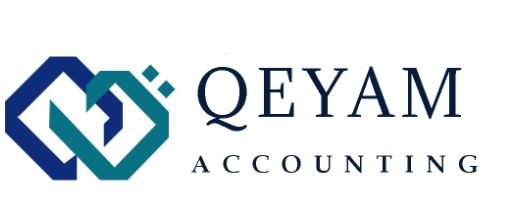Things you needs to know …

What is Accounting ?
Accounting is a systematic process that involves recording, summarizing and monitoring as well as analyzing, verifying and reporting all financial transactions of a certain business entity.

How did Accounting start?
The history of accounting can be traced as far back as 7500 BC in Mesopotamia ( Currently Iraq & parts of Syria) where people create lists of expenditures, goods received and traded through small clay objects as counters for keeping accounts of goods particularly food, clothing, and other.

Why are we using Accounting?
We use Accounting to oversee financial transactions by keeping and analyzing monetary information. It is also used in providing data that shows profit and loss of a certain business which can be used to help provide sound decisions for the business

What is the Importance of Accounting?
Accounting plays a crucial role in managing a business because it helps records and track the cash flow such as income and expenditure used as reference to analyze in order to provide financial information in making business decisions.
What are the advantages of accounting?
Some of the benefits of accounting include one’s ability to manage his/her own finances more effectively and will expand one’s knowledge and understanding of current events relating to business and finance. In addition to this, one can also make meaningful contributions at work. With one’s knowledge on this, one can also be equipped with entrepreneurial skills and have career advancement opportunities while enhancing his/her decision-making capabilities

What Is Money Laundering?
Money Laundering is the act of acquiring a large amount of money through illegal means and converting it to a profit-generating business to make it appear that it came from a legitimate source of funds
Who is required to register in Anti-Money Laundering (AML)?
All Designated Non-Financial Businesses and Professions (DNFBPs) like Real State Companies , Dealers in Precious Metals , Auditors and Accountants , Service Providers are mandated to register in to AML … For More Details please call us
What is the time frame to register in AML?
According to the Ministry of Economy (MOE) UAE, all Designated Non-Financial Businesses and Professions (DNFBPs) are required to register on March 31, 2021 and was later extended to April 30, 2021.
What are the penalties for failure to register in goAML?
AML registration is part of Suspicious Transaction Reports (STRs) filing and failure to file STRs is a criminal offence under the UAE Laws which includes administrative penalties but in not limited to a penalty of 50,000AED and no more than 5,000,000 per violation.

What is VAT?
VAT stands for Value-added Tax and sometimes also known as goods and services tax. This is a kind of tax that is assessed based on the price of the goods/service at each stage of production, distribution or sale to the customer/consumer.
When the VAT is due ?
VAT Return must be filed on or before the 28th of the month following the end of the tax period. For quarterly VAT filing, the due date is the 28th of the subsequent month following the end of the quarter for UAE. However, the VAT Return filing due date varies from one country to another.
When did UAE start to apply VAT?
The UAE applied started paying for VAT on January 1, 2018 for a VAT rate of 5%.
How is VAT paid?
There are various ways to pay VAT. The VAT payment can be done through different payment channels such as e-Dirham Card or Credit Card, via Bank Transfer or via a Debit Card.
How is VAT calculated and VAT Return calculated in UAE?
The rate of VAT in the UAE is set at 5%, one of the lowest rates in the world. The government of UAE does not collect the tax directly; the companies charge the customers and receive it on behalf of the authorities.
When I have to Register with VAT ?
VAT Registration is compulsory for companies and individuals doing businesses in the UAE, having Taxable Supplies more than AED 375,000/-.
For more information please call us …
